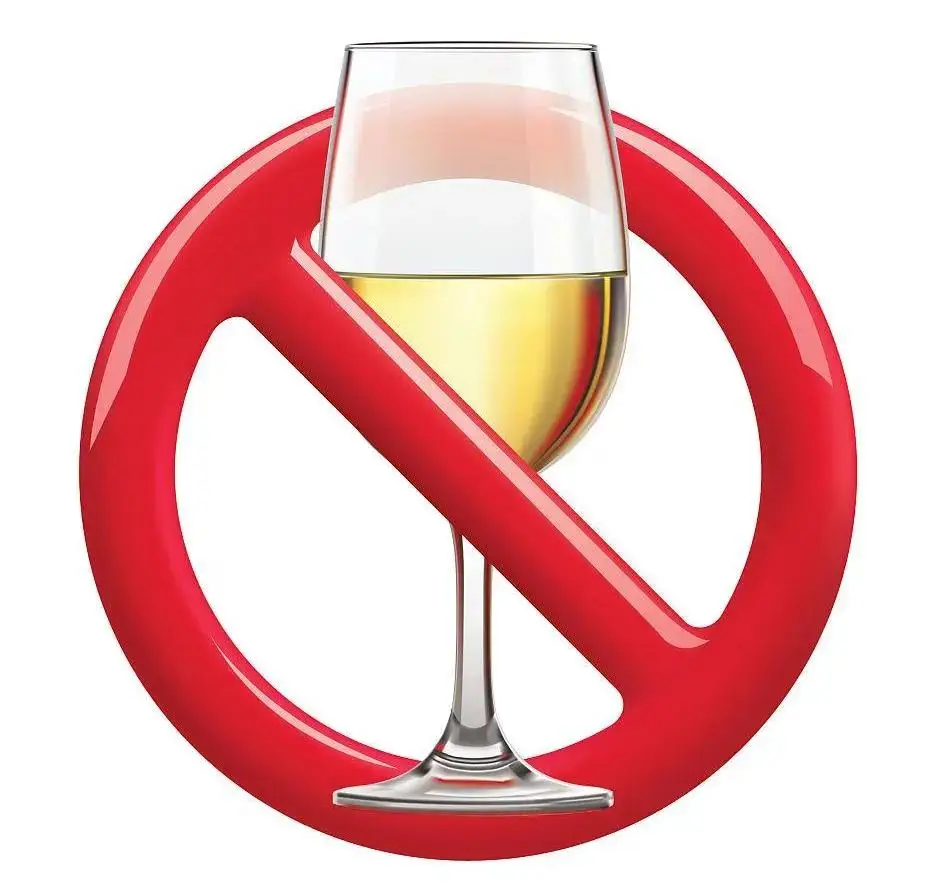The Vicious Cycle: How Alcohol Worsens Insomnia Over Time and Why Quitting Now Is Crucial
For many, the evening glass of wine or nightcap seems like a reliable shortcut to sleep. The initial drowsiness alcohol induces creates the illusion of a perfect sleep aid—but this seductive promise masks a dangerous truth. Alcohol and insomnia engage in a destructive dance that worsens progressively with continued drinking, creating a cycle that can only be broken through abstinence.
The immediate effects of alcohol on sleep architecture reveal why this relationship becomes increasingly problematic. While alcohol may help people fall asleep faster initially, it severely disrupts sleep quality throughout the night. Alcohol suppresses REM sleep—the crucial stage associated with memory consolidation, learning, and emotional regulation. During the first half of the night, drinkers experience increased deep sleep but significantly reduced REM cycles. As alcohol metabolizes, the body experiences rebound effects, leading to fragmented sleep and multiple awakenings during the latter half of the night.
What begins as occasional sleep disturbances evolves into chronic insomnia through several physiological mechanisms. Regular alcohol consumption alters GABA receptor function, disrupting the brain's natural sleep-wake cycle. The sedative effect that initially helps with sleep onset requires increasingly larger amounts to achieve the same effect, leading to tolerance development. Meanwhile, alcohol's impact on melatonin production further dysregulates circadian rhythms, making natural sleep initiation increasingly difficult.
The progression of alcohol-related insomnia follows a predictable downward trajectory. In early stages, individuals might notice slightly restless sleep after moderate drinking. With continued use, they develop "rebound insomnia"—worse sleep than baseline on nights they don't drink. This often leads to using alcohol nightly to prevent withdrawal symptoms, creating psychological and physical dependency. Over months and years, drinkers may find themselves waking consistently at 3 AM unable to return to sleep, regardless of how much they drank the evening before.
Beyond sleep architecture disruption, alcohol exacerbates underlying conditions that cause insomnia. It worsens sleep apnea by relaxing throat muscles, increases acid reflux that can awaken sleepers, and contributes to restless leg syndrome. The dehydration caused by alcohol further compounds sleep disruptions through nocturnal thirst and headaches. These secondary effects create additional barriers to quality sleep that accumulate over time.
The emotional and cognitive consequences create their own vicious cycle. Poor sleep from alcohol consumption leads to daytime fatigue, mood disturbances, and decreased coping abilities. Many then turn to alcohol to manage these negative states, further perpetuating the cycle. Research shows that chronic alcohol users have significantly higher rates of clinical insomnia compared to non-drinkers, with sleep disturbances persisting long after they stop drinking.
Breaking this cycle requires understanding that there's no moderate solution—complete abstinence becomes necessary. The recovery timeline varies, with most people experiencing significantly worsened sleep during the first week of cessation as the nervous system recalibrates. Sleep typically begins improving after two weeks, though REM rebound may cause intensely vivid dreams. After several months of sobriety, most people achieve their best possible sleep patterns.
Practical strategies for quitting include establishing a consistent sleep routine without alcohol, creating an optimal sleep environment, and implementing relaxation techniques. Cognitive behavioral therapy for insomnia (CBT-I) has proven particularly effective for those recovering from alcohol use disorder. Some may benefit from temporary medical supervision during withdrawal, especially long-term heavy drinkers.
The decision to quit drinking today—not tomorrow or next month—is crucial because each drinking episode further entrenches the neural pathways connecting alcohol and sleep. Every night spent drinking rewires the brain to associate alcohol with sleep initiation, making eventual abstinence more challenging. The progressive nature of this relationship means that earlier intervention yields better outcomes.

Beyond improved sleep, quitting alcohol delivers comprehensive benefits: enhanced mood regulation, better cognitive function, improved physical health, and more stable energy levels. Many former drinkers report discovering what truly restful sleep feels like for the first time in years—waking refreshed without artificial stimulants like caffeine to combat fatigue.
The relationship between alcohol and insomnia represents one of substance misuse's most deceptive traps. What begins as a perceived solution gradually becomes the problem itself, then evolves into a self-perpetuating cycle that demands increasing amounts of alcohol while delivering diminishing returns. Recognizing this progression provides the motivation needed to quit today—breaking the cycle before it breaks you. Your journey to restful nights begins not with another drink, but with the decision to put down the glass for good.




发表评论